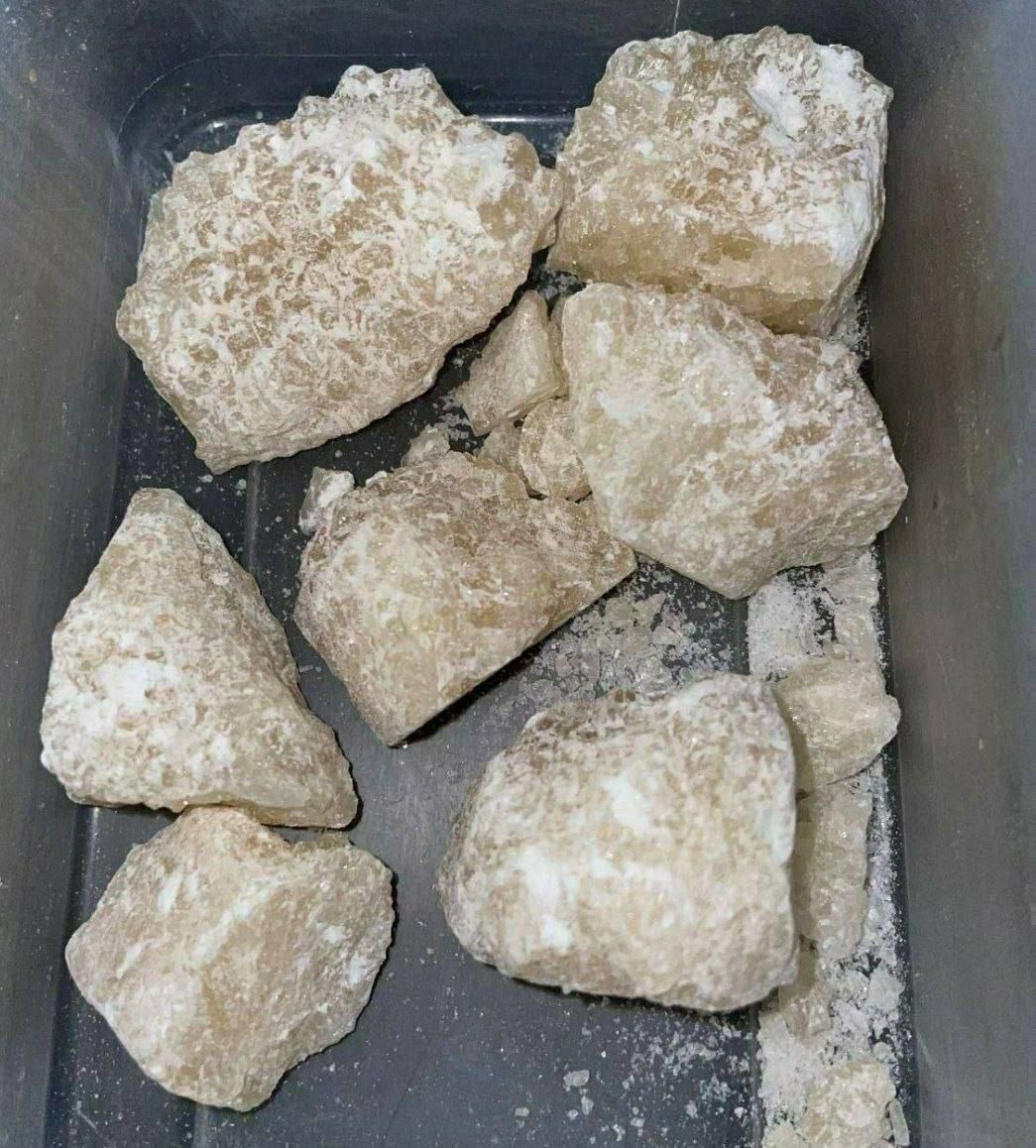Introduction: The Emergence of MDMA-Assisted Therapy
MDMA-assisted therapy is rapidly gaining attention in Europe and Australia for its potential in treating PTSD, depression, and anxiety. Once considered solely a recreational substance, MDMA (3,4-methylenedioxymethamphetamine) is now being studied for its ability to enhance emotional processing, empathy, and therapeutic engagement.
Education and access to related resources are crucial for safe use. Platforms like ukmushroom.uk provide information on psychoactive substances, including Ibogaine, magic truffles, and mushroom edibles, emphasizing harm reduction and safe therapeutic exploration. These platforms complement the growing scientific literature from sources such as WorldScientificImpact.org.
Mechanism of MDMA in Therapy
MDMA acts as a serotonin-releasing agent, increasing levels of serotonin, dopamine, and norepinephrine. This neurochemical activity produces:
- Heightened emotional openness
- Reduced fear response
- Enhanced trust and social bonding
In a therapeutic context, MDMA allows patients to process trauma without being overwhelmed by fear or anxiety, making it particularly effective for PTSD treatment. Research also suggests potential applications for individuals with comorbid conditions, though caution is advised when combining MDMA with analgesics, sedatives, or stimulants.
Interactions with Comorbid Medications
Analgesics
MDMA can interact with opioid-based painkillers or over-the-counter analgesics, altering cardiovascular responses and potentially increasing heart rate and blood pressure. Patients taking chronic pain medications should consult medical professionals before participating in MDMA-assisted therapy.
Sedatives and Sleep Medications
Combining MDMA with sedatives, such as benzodiazepines or sleep aids, may blunt therapeutic effects or exacerbate cognitive stress. Controlled environments and proper timing are critical.
Stimulants and ADHD Medications
Stimulants like Ritalin or Adderall can interact with MDMA, increasing the risk of anxiety, tachycardia, and overstimulation. Microdosing strategies and close monitoring help mitigate these risks.
Educational platforms like ukmushroom.uk provide guidance on safe consumption, alternative therapies, and supportive products that may enhance patient outcomes.
Therapeutic Protocols in Europe
In Europe, MDMA-assisted therapy has entered Phase 3 clinical trials for PTSD and is being integrated into controlled therapeutic settings. Countries such as Switzerland, the Netherlands, and Portugal are leading in harm reduction and therapeutic research.
Key elements include:
- Structured dosing: Administered in clinical settings under professional supervision
- Therapeutic support: Integration sessions before and after MDMA administration
- Risk monitoring: Attention to cardiovascular health, medication interactions, and psychological stability
These frameworks align with broader European efforts to regulate psychedelics safely while maximizing therapeutic benefits.
Updates from Australia
Australia has recently moved toward legalized medical access for MDMA-assisted therapy through the Therapeutic Goods Administration (TGA). Approved protocols focus on:
- Treatment-resistant PTSD
- Adjunctive therapy with psychotherapy
- Close monitoring of comorbid conditions, including ADHD and chronic pain
The Australian model emphasizes patient education, professional supervision, and harm reduction, mirroring successful programs in Europe.
Complementary Products from ukmushroom.uk
Alongside MDMA-assisted therapy, many patients explore natural psychoactive substances to support therapy and mental wellness. ukmushroom.uk offers an extensive range:
- Ibogaine – for addiction therapy and emotional recalibration
- Magic Truffles – gentle cognitive and emotional enhancement
- Mushroom Edibles – precise microdosing for mental clarity
- Pain Relief Pills – for comorbid physical conditions
- Mushroom Grow Kits – responsible cultivation and educational purposes
- Fresh Mushrooms – controlled therapeutic use
- Mescaline Cacti – alternative introspective experiences
These products complement MDMA-assisted therapy by supporting emotional processing, cognitive enhancement, and harm reduction.
Harm Reduction Principles
Harm reduction is central to safe MDMA-assisted therapy. Key strategies include:
- Testing and Verification: Ensuring MDMA purity to avoid contaminants
- Controlled Dosing: Administered under professional supervision
- Monitoring Comorbid Medications: Avoiding risky drug interactions
- Set and Setting: Ensuring a comfortable and supportive environment
- Integration Sessions: Structured reflection post-therapy
Platforms such as buyoneupmushroombar.us and ukmushroom.uk provide educational resources that reinforce these principles.
Research and Evidence
Scientific research, as highlighted by WorldScientificImpact.org, demonstrates that MDMA-assisted therapy:
- Reduces PTSD symptom severity
- Enhances emotional resilience and empathy
- Supports neuroplasticity and cognitive flexibility
Clinical trials in Europe and Australia continue to evaluate long-term efficacy, safety, and potential expansion to other mental health conditions. Educational resources like Wikipedia also provide accessible summaries for public understanding.
Comparisons with Other Psychoactive Substances
MDMA is frequently compared with other psychoactive compounds for therapeutic potential:
- Psilocybin Mushrooms and Edibles: Longer-lasting, mild to moderate effects, available legally via ukmushroom.uk
- Ibogaine: Deep introspective therapy, particularly for addiction, available through ukmushroom.uk
- Magic Truffles: Legal, gentle alternative to psilocybin mushrooms
- Mescaline Cacti: Extended psychoactive sessions suitable for guided therapy
Choosing the appropriate substance depends on therapeutic goals, comorbid conditions, and clinical supervision.
Global Implications and Future Directions
MDMA-assisted therapy represents a paradigm shift in mental health treatment, emphasizing emotionally guided interventions and scientific validation. As Europe and Australia expand clinical programs, patient education, harm reduction, and supportive infrastructure are critical.
Educational resources from ukmushroom.uk, buyoneupmushroombar.us, WorldScientificImpact.org, and Wikipedia help ensure users access evidence-based, safe, and regulated therapeutic options.
Conclusion: Responsible MDMA-Assisted Therapy
MDMA-assisted therapy in Europe and Australia is evolving rapidly, with promising clinical outcomes for PTSD, depression, and trauma-related conditions. Safety relies on:
- Informed use and professional supervision
- Awareness of medication interactions and comorbid conditions
- Harm reduction principles and integration practices
Platforms like ukmushroom.uk provide complementary tools, products, and education, supporting safe, effective, and responsible exploration of MDMA-assisted therapy.
With continued research, regulation, and public education, MDMA-assisted therapy offers transformative potential while maintaining a focus on safety, legal compliance, and mental health outcomes.

No Responses